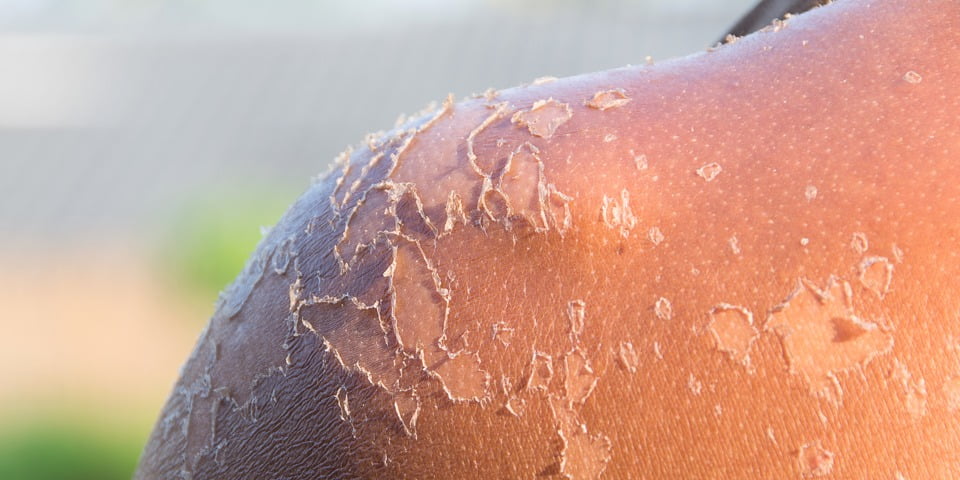In honour of Wound Awareness Week, July 15-21, DEBRA Australia pays respects to the ‘butterfly children’ and the many nurses who help them manage their condition on a day-to-day basis.
Epidermolysis bullosa (EB) is a rare disease in which the skin blisters and breaks at the slightest touch. Living with EB has been likened to living with third-degree burns. It is very painful, and sufferers must be bandaged every day to protect and medicate their wounds.
EB is characterised by skin fragility with blister formation occurring spontaneously or following minor trauma. It can be broadly divided into four major categories: simplex, junctional, dystrophic and Kindler syndrome. These categories can be further subdivided based on inheritance and clinical features.
It is estimated that there are around 1,000 people in Australia and more than 500,000 worldwide who have some form of EB. It occurs in all racial and ethnic groups and affects males and females equally. It may not always be evident at birth. Milder cases may become apparent when a child crawls, walks or runs, or young adults become more physically active. Patients living with EB are faced with daily challenges, as no cure exists and therapies under development have faced both safety and technical challenges. EB is an area of unmet medical needs, with management focusing on relieving patient pain, stopping infections and providing dressings which are passive and do not address the symptoms associated with EB including severe scarring, infections and development of squamous cell carcinoma.
Wound care for EB patients can be quite extensive and involves changing of bandages every 1-3 days, and frequent use of baths, sanitisers and ointments. Dressings are applied to the blistered area and to non-affected areas to reduce the risk of more blistering. Preventing skin infection is a very important part of EB care, which is why constant dressing changes are needed. It is very important these dressings are done correctly, as bandages that are too tight or loose can cause the skin to blister and become infected. EB nurses are crucial in the process, and are extremely dedicated and offer great support to those suffering with EB in hospitals and at home.
DEBRA Australia is a not-for-profit volunteer-based organisation that does not receive any direct Government funding and works tirelessly to support those living with EB. DEBRA Australia assists in improving the lives of children, adults and families by providing necessary medical supplies, aids and equipment, support services, assistance with transition to independent living and research focusing on different aspects of EB.








